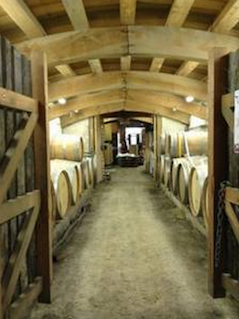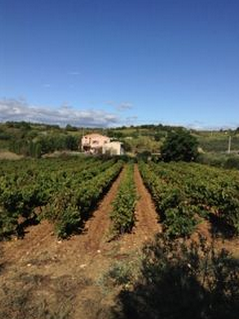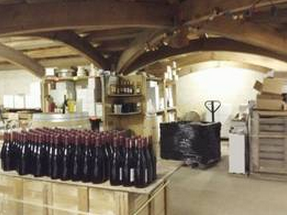Fancy running your own vineyard, of course you do!


Set near to a lovely town bursting with art and culture, 20 minutes from the sea and not far from the A9 and A75 motorways in Languedoc-Roussellin.
A change of lifestyle, a change of context, living closer to nature and creating noble products: wine, olive oil, truffles!
Become a wine, truffle and olive oil producer in the south of France! Here on this small estate, on a very human scale, which can be run by a couple, find everything you need to produce quality, live close to the elements, and provide an income by the fruits of your labor, while living on site in the simple cosy home of 70m2.
Find here 1 hectare of olive trees (230 trees) with a half in Lucca variety, in total producing between 260-500 litres of oil per year (2000 - 4000 kg of olives per year depending on the year).
And the vineyard, planted in wide rows and on wire, offering 1.5 hectares with 5000 plants, planted around its beautiful underground winery, with a production capacity of 80 hecto-liters representing about 8000 bottles a year (white and red combined). All winemaking equipment included (barrels, fibre-glass tanks, press, tractor, etc.) so no additional material investment required.
In addition, 120 truffle oaks just starting to produce, so additional revenue coming!
To live off of this activity, you must do all the work yourself (no full time employee), but that's the beauty of this place, it can be done by a couple (or family).

Property ref: SLR00497
Blog submitted by: Sharon at The French Property Network - Cle France.